Best AI Code Generators in 2025 for Developers and Engineers
March 18, 2025


In the ever-evolving landscape of software development, artificial intelligence (AI) has emerged as a powerful tool, revolutionizing various aspects of the development process. One such innovation is AI code generators, which leverage the power of machine learning to automate code generation tasks. These tools have the potential to significantly boost developer productivity, improve code quality, and accelerate software development cycles. By utilizing project management tools in conjunction with AI code generators, development teams can streamline their workflows, track progress effectively, and ensure that AI-generated code seamlessly integrates into their overall project objectives.
AI code generators are sophisticated software applications that utilize advanced algorithms and machine learning models to automatically generate code snippets or entire functions based on natural language prompts or code context. These tools learn to identify patterns, understand programming languages, and generate relevant code suggestions by analyzing vast amounts of code data.
AI code generators have revolutionized how developers and engineers work, offering benefits that can significantly enhance productivity, code quality, and overall efficiency.
AI code generators can automate boilerplate code generation, such as repetitive loops, conditional statements, or basic function implementations. This frees up developers to focus on higher-level problem-solving and strategic thinking.
AI tools accelerate the prototyping process by quickly generating initial code structures and functionalities, allowing developers to iterate faster and experiment with different approaches.
AI code generators can be trained on specific coding standards and style guides, ensuring that generated code is consistent and maintainable.
These tools can identify and correct common coding mistakes, such as syntax errors, logical errors, and potential vulnerabilities.
AI-generated code can be formatted and structured in a way that is easy to understand and maintain, improving overall code quality.
AI code generators can suggest alternative approaches and programming paradigms by analyzing and learning from vast amounts of code, helping developers expand their skill sets.
AI tools can provide interactive learning experiences, allowing developers to experiment with different code snippets and observe the results in real time.
AI code generators can be integrated into collaborative development environments, enabling team members to share code snippets, discuss potential improvements, and work together more efficiently.
AI tools can uncover hidden insights and best practices by analyzing the codebase and identifying patterns, fostering knowledge sharing within development teams.
AI tools can quickly generate basic code structures, allowing developers to iterate faster and experiment with different approaches.
Automating boilerplate code generation and unit tests saves significant time and effort.
AI-powered tools can identify and fix potential bugs early in development, leading to more reliable software.
AI generators ensure consistent code quality across projects by adhering to coding standards and style guides.
AI can help identify and address security vulnerabilities, making applications more secure.
Developers can concentrate on complex problem-solving and strategic thinking by automating routine tasks.
AI tools can provide learning opportunities by suggesting code improvements and explaining complex concepts.
AI can generate creative code solutions by exploring diverse programming techniques and algorithms.
AI-powered tools can help developers experiment with different ideas without fear of making mistakes.
AI code generators can facilitate collaboration among team members by providing a shared platform for code generation and review.
By analyzing code patterns and best practices, AI tools can help teams learn from each other and improve their skills.
While AI code generators offer significant benefits, it’s essential to recognize their limitations:
The quality of AI-generated code is directly tied to the quality of the training data. Poor or biased data can lead to suboptimal or incorrect code suggestions.
Using proprietary or sensitive data for training AI models raises concerns about data privacy and security.
Excessive reliance on AI tools can diminish a developer’s critical thinking and problem-solving abilities.
Overreliance can stifle creativity and innovation as developers may become too dependent on automated solutions.
AI-generated code may inadvertently introduce security vulnerabilities if not carefully reviewed and tested.
AI tools could be misused to generate malicious code or launch attacks.
AI code generators may need help with highly complex algorithms or specialized domains that require deep domain expertise.
AI models may be unable to handle edge cases or unexpected input scenarios.
The ownership and licensing of AI-generated code can be complex, especially when using proprietary data or models.
A robust AI code generator should support various programming languages, including popular ones like Python, JavaScript, Java, and C++.
Support for domain-specific languages (DSLs) can be valuable for developers working in specialized fields.
The tool should be able to understand the context of your code and suggest relevant completions, including variable names, function arguments, and code snippets.
The suggestions should be accurate, efficient, and tailored to your coding style.
Generating code from natural language descriptions can significantly speed up development.
The tool should be capable of generating complex code structures, such as algorithms, data structures, and API integrations.
The tool should be able to suggest improvements to code performance, such as identifying bottlenecks and optimizing algorithms.
The tool can help improve code readability by suggesting better variable names, function names, and code formatting.
Integration with popular IDEs like Visual Studio Code, IntelliJ IDEA, and PyCharm allows developers to use the tool directly within their preferred development environment.
The tool can provide context-specific suggestions and recommendations based on the current project.
Developers should be able to customize the tool’s behavior to match their coding style and preferences.
The tool should be able to adapt to different project requirements, such as code standards, frameworks, and libraries.

GitHub Copilot, developed by OpenAI and GitHub, is an AI-powered code generation tool that integrates with IDEs like Visual Studio Code. It suggests complete lines or blocks of code based on context.

Tabnine is an AI-powered coding assistant that enhances software development productivity by offering accurate, context-aware code completions.

Replit Ghostwriter is a built-in AI coding assistant designed for Replit’s collaborative programming environment. It provides intelligent code completions and debugging tips.
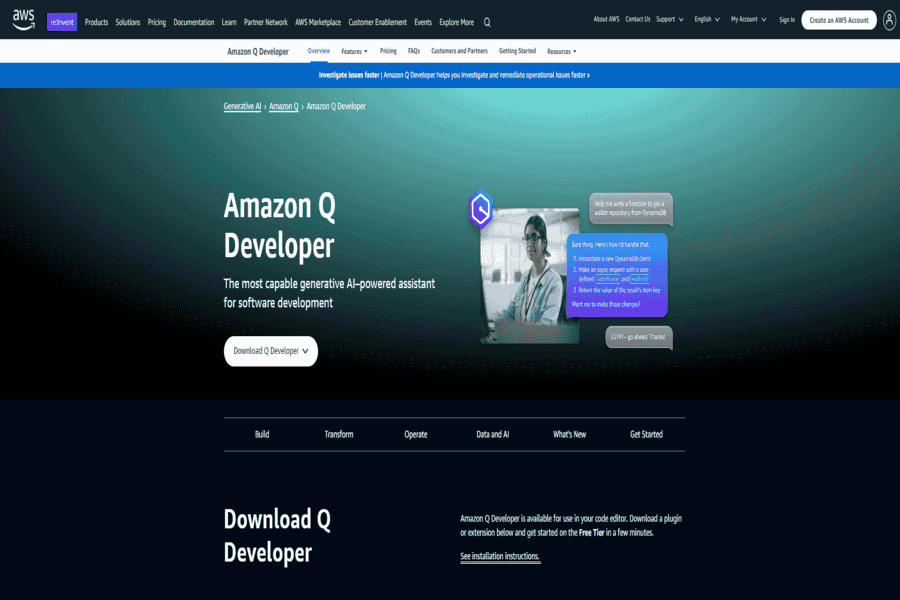
Amazon CodeWhisperer is an AI-powered coding assistant designed for cloud-based application development. It integrates with AWS tools to help developers write secure and efficient code.
Kite is an AI-powered autocomplete tool that helps developers write code faster and with fewer errors by offering intelligent code suggestions in real-time.
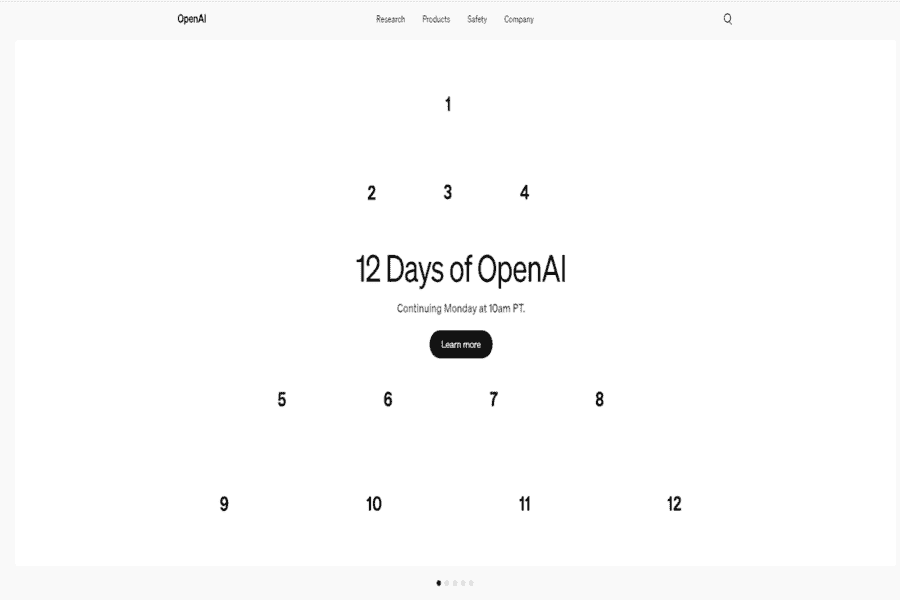
Codex is the AI model behind GitHub Copilot, capable of writing code, answering coding questions, and converting natural language into code across multiple programming languages.
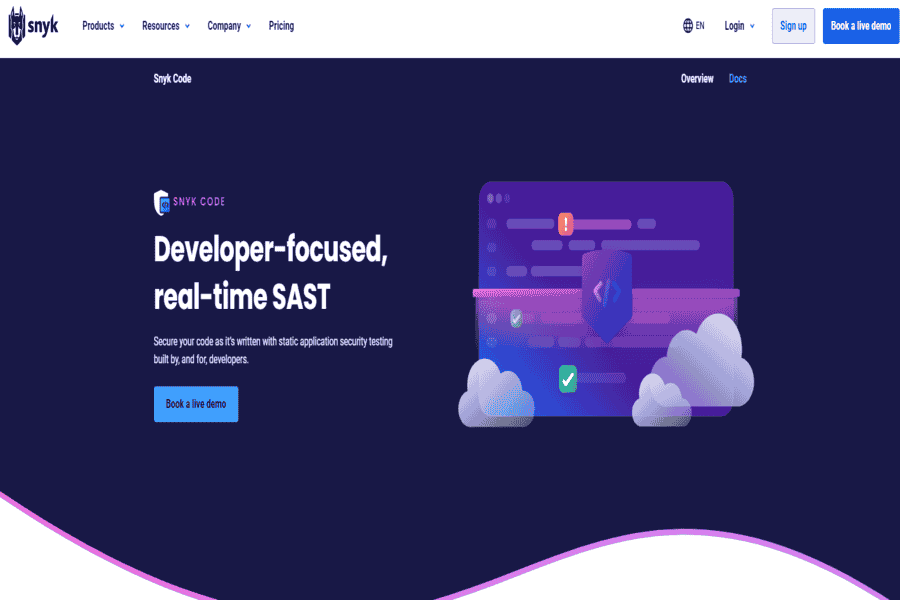
DeepCode uses AI to analyze codebases for bugs, vulnerabilities, and potential improvements. It is now integrated into Snyk’s product suite for secure development.
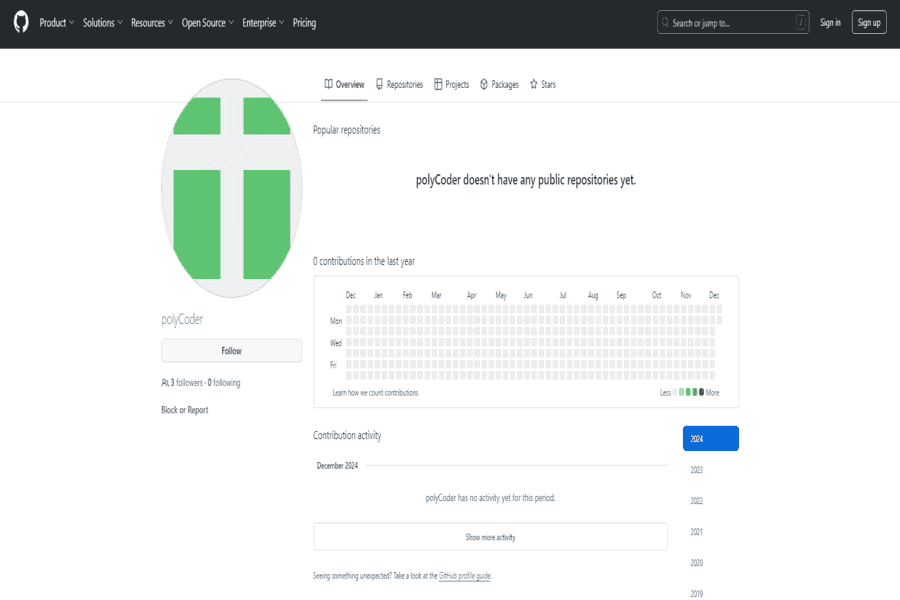
PolyCoder is an AI-based code-completion and generation model designed to work across multiple languages and frameworks, focusing on open-source development.
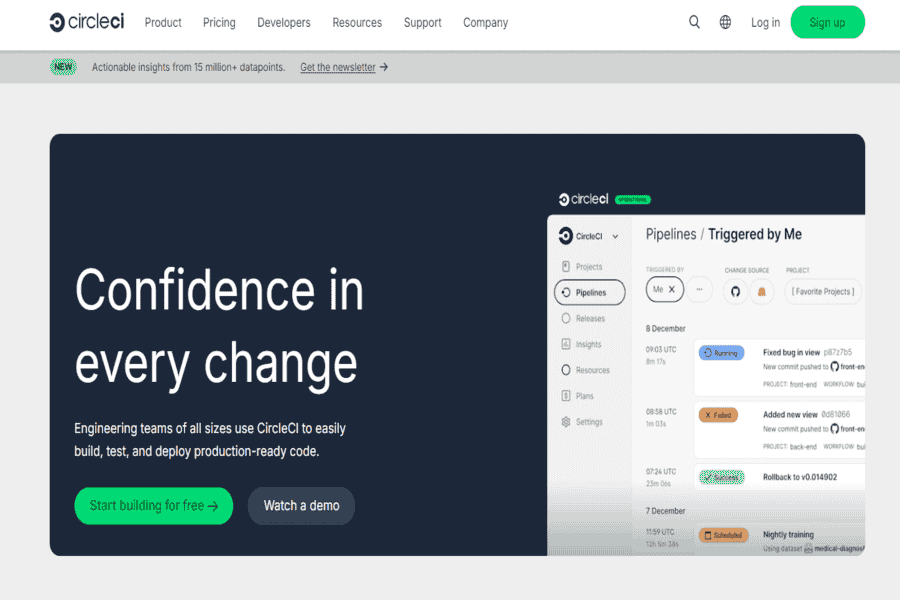
Ponicode is an AI-powered unit testing tool that helps developers generate unit tests with minimal effort, ensuring higher code quality and robustness.
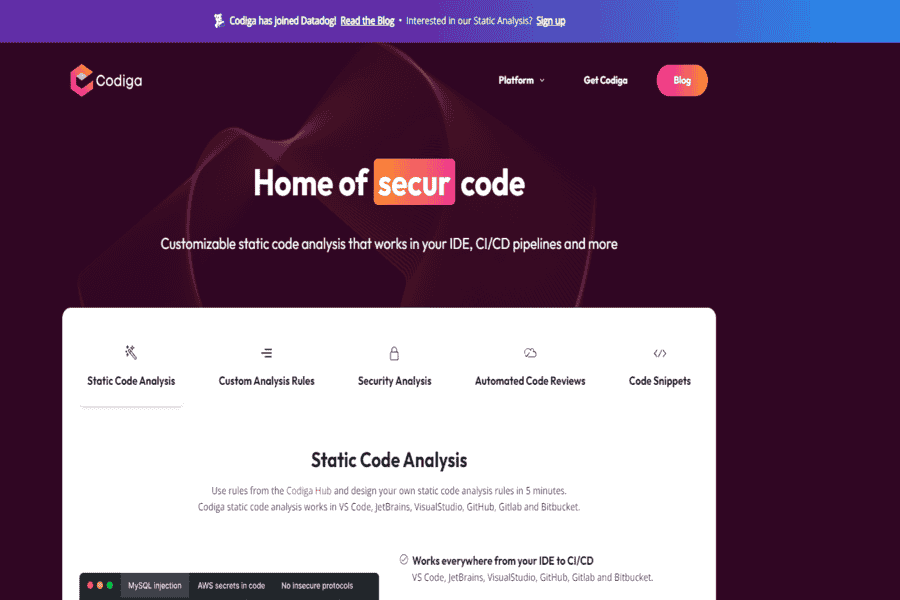
Codiga is an AI-assisted code review tool that analyzes code for quality, security, and performance issues, providing actionable suggestions to developers.
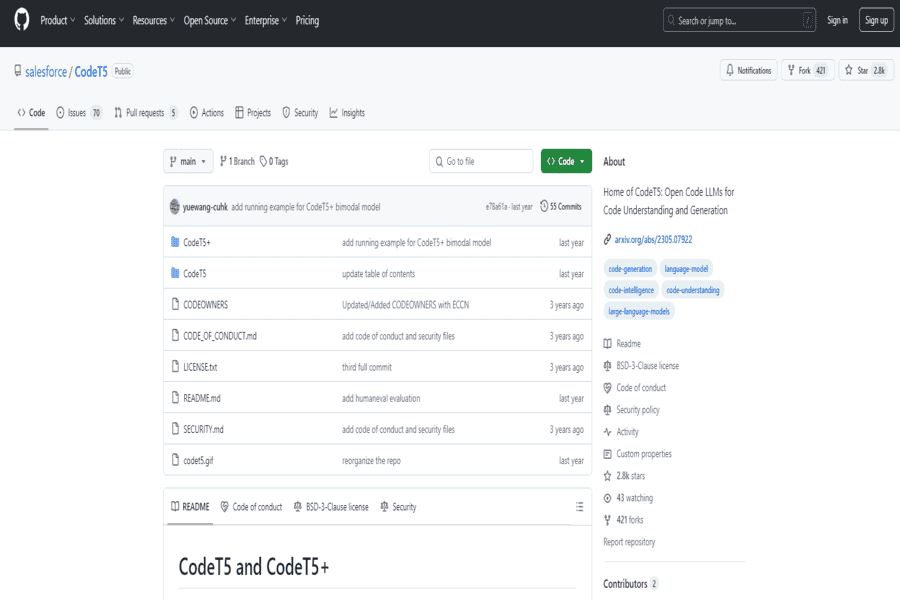
CodeT5 is a transformer-based AI model for code generation and understanding. It supports multiple programming languages developed by Salesforce, making it versatile for various coding tasks such as code completion, summarization, and refactoring.
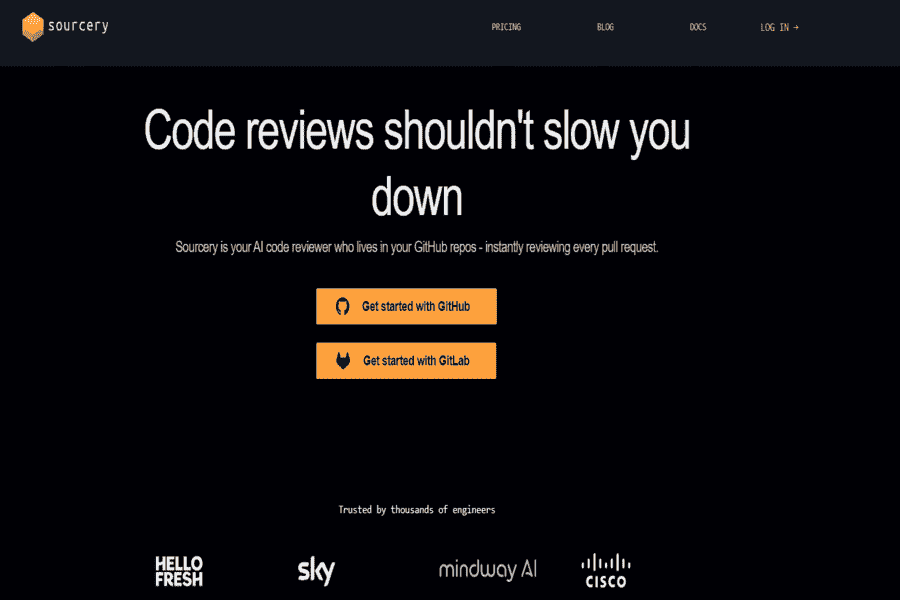
Sourcery is an AI-powered Python code refactoring tool that automatically suggests improvements and optimizations for your code. It works within your IDE and helps developers keep code clean and efficient.
Intellibot is an AI-powered test automation platform that assists developers by generating automated test scripts. It focuses on improving quality assurance by automating testing across different platforms and programming languages.
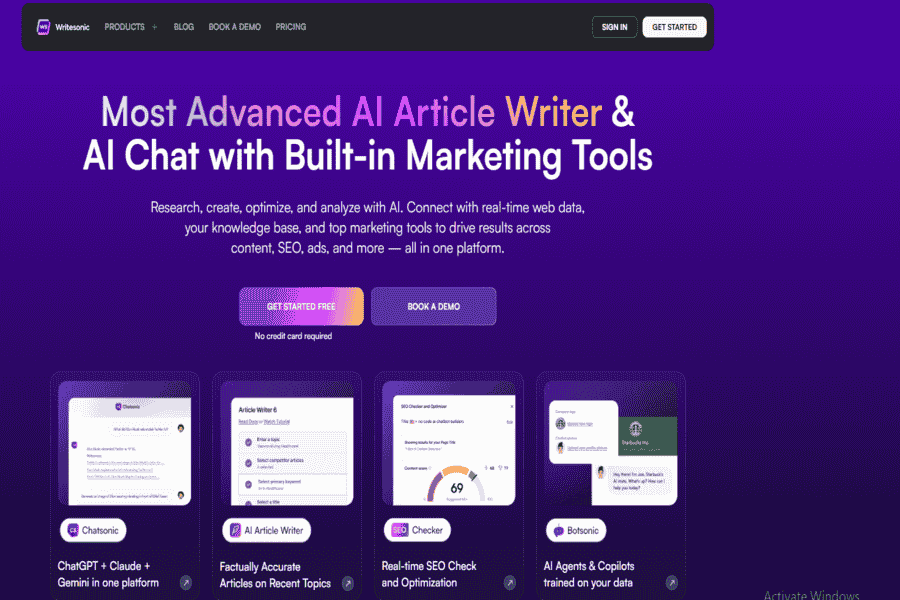
WriteSonic offers a code generation tool that allows developers to generate code snippets using natural language descriptions. It’s geared toward those who want quick solutions or templates for basic coding tasks.

Codeium is an AI-powered code assistant focused on providing auto-completion, suggestions, and error detection for developers. It works with popular IDEs like VS Code and supports numerous programming languages.
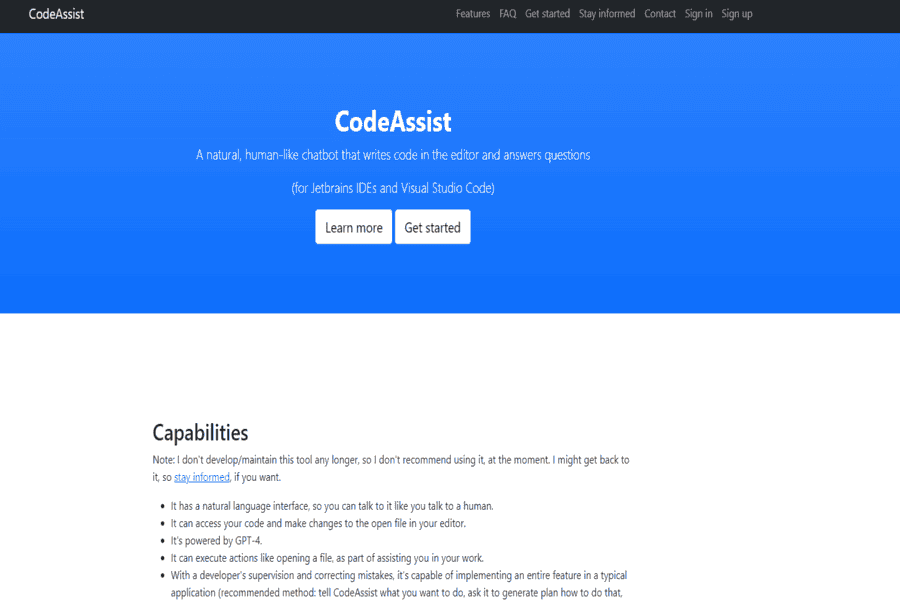
Codeassist is an AI-powered tool designed to help developers generate code snippets, provide code suggestions, and offer refactoring tips. It focuses on improving development speed and productivity.
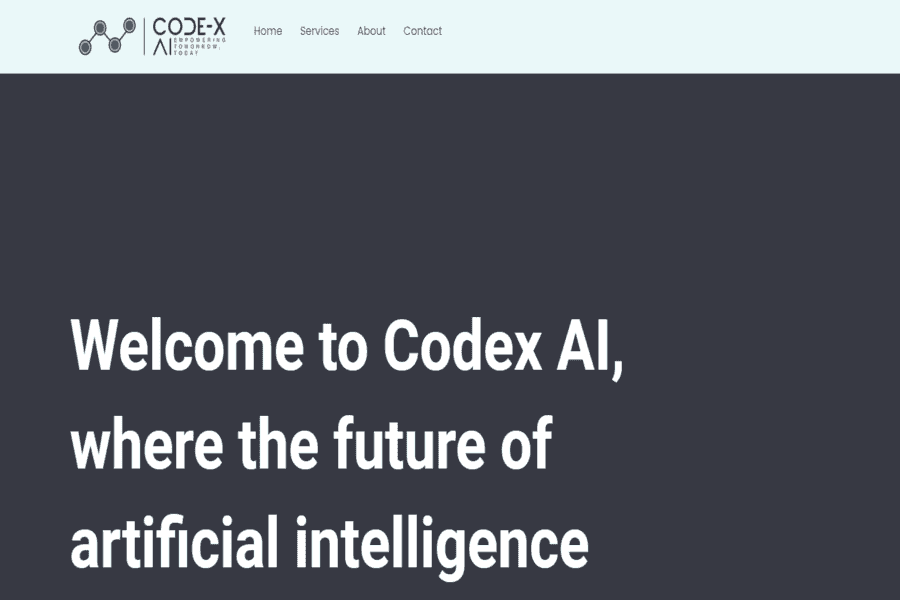
CodexAI provides AI-driven code generation for developers, transforming natural language prompts into code. It’s designed to speed up the development process by interpreting the developer’s intentions.
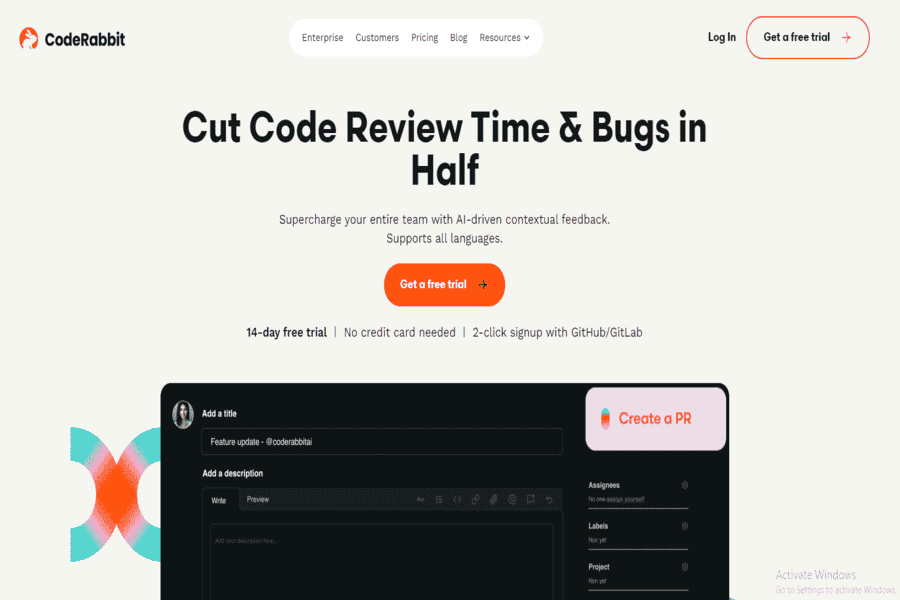
AI Code Reviewer assists developers by analyzing their code and suggesting improvements based on best practices and industry standards. It helps ensure code quality and identifies areas of potential vulnerability.
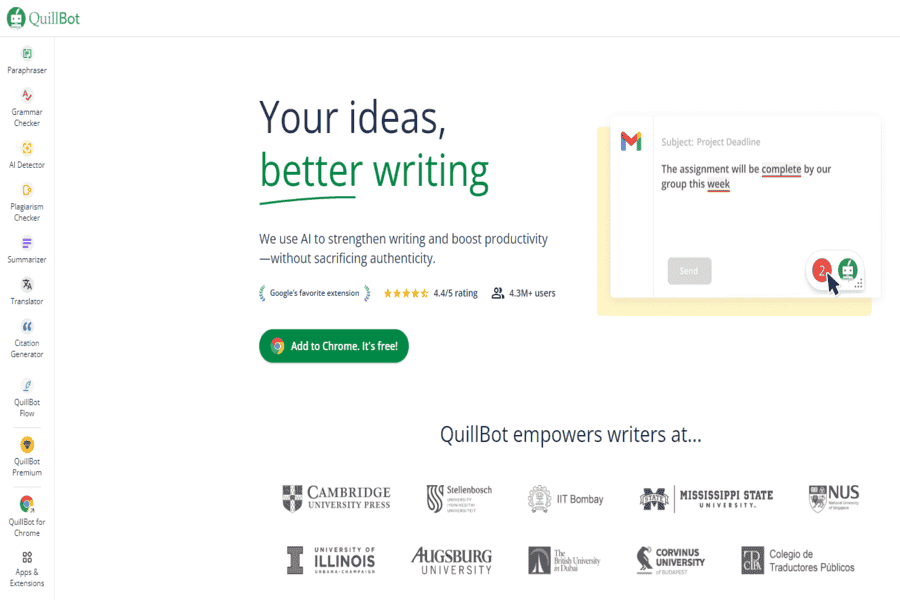
QuillBot, a popular paraphrasing tool, has expanded into code generation. It helps developers generate and optimize code through natural language input, making it easier to turn ideas into functional code quickly.
Autocode is an AI-powered code generation platform designed to assist developers in building serverless applications. It lets developers quickly create APIs, automation, and webhooks without writing extensive backend code.
Always evaluate the generated code, ensuring it aligns with your requirements and coding standards.
Review the code for errors, logical inconsistencies, and security vulnerabilities.
Keep abreast of the latest advancements in AI code generation and explore new tools and techniques.
Experiment with different AI code generators to find the best fit for your needs.
Respect intellectual property rights and avoid using AI tools to plagiarize or create derivative works.
Use AI tools responsibly and ethically, avoiding misuse or harmful applications.
Regularly assess the security implications of using AI-generated code.
Adhere to secure coding practices, even when using AI tools.
Validate user input to prevent injection attacks and other security vulnerabilities.
Encourage collaboration between developers and AI tools to foster creativity and innovation.
Share insights and best practices related to AI code generation within your team.
The future of AI code generation is undeniably bright, with rapid advancements in machine learning and natural language processing driving the evolution of these tools. As we move forward, we expect to see even more sophisticated and powerful AI code generators that will revolutionize software development.
AI code generators will become increasingly adept at understanding complex natural language queries, enabling developers to provide more nuanced instructions.
These tools will better grasp the context of a specific coding task, leading to more accurate and relevant code suggestions.
AI code generators will be capable of generating complex algorithms and data structures, automating tasks that currently require significant human effort.
These tools will be able to automatically generate test cases and identify potential bugs in the code, improving software quality and reliability.
AI code generators will be tightly integrated with popular IDEs and development workflows, providing real-time assistance and suggestions.
AI tools will facilitate collaboration among developers by suggesting code improvements, identifying potential conflicts, and automating code reviews.
Developers must be mindful of potential biases in AI code generators and take steps to mitigate them.
AI models will be designed to be more transparent, allowing developers to understand the rationale behind their suggestions.
AI code generators have the potential to revolutionize the way software is developed, offering significant benefits in terms of productivity, code quality, and innovation. By understanding their capabilities, limitations, and best practices, developers and engineers can harness the power of AI to accelerate their development efforts and create exceptional software.
